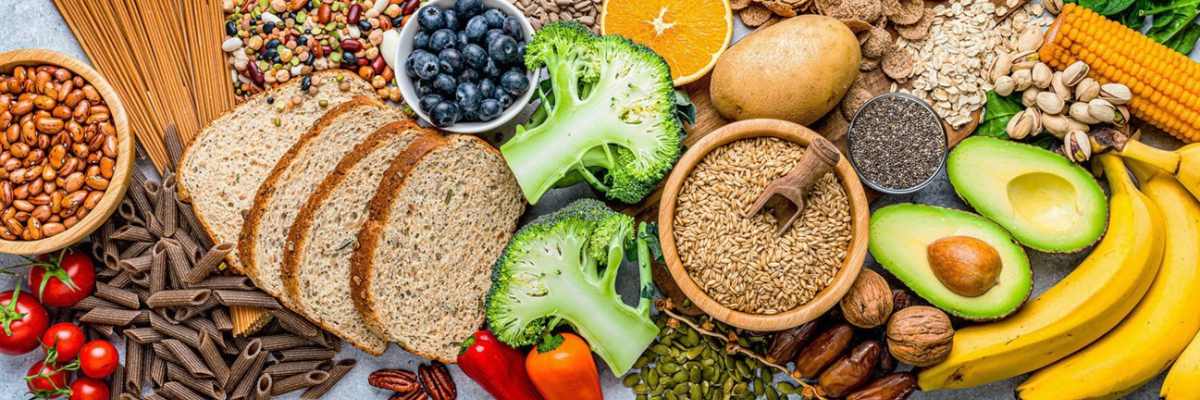Intermittent fasting – a tool to aid healing
I believe that intermittent fasting can be used as an effective tool to aid healing. It is not a fad. Fasting is an ancient tradition that has been around for eons and the amount of research into the benefits of fasting has increased vastly. The body has an amazing ability to heal itself, if we allow it too. Generally we eat too much and too often and we choose the wrong foods.
When we are unwell we need a tremendous amount of energy to support our immune system. It is not surprising then that we naturally lose our appetite when sick. The theory behind fasting is that by giving our digestive system a break, it supports our innate healing and detoxifying mechanisms. Due to modern eating habits we don’t give our bodies the time to focus on cleansing and cellular repair. If this continued, it could potentially lead to health issues down the track. That’s why intermittent fasting can be a useful addition to our health regime for some people.
The benefits of fasting are becoming more widespread. In animal studies, intermittent fasting has been shown to be protective against diabetes, cancer, heart disease and in conditions such as Parkinson’s and Alzheimer’s. In humans, it has been shown to reduce inflammation, obesity, asthma and lower blood pressure. By fasting we allow our bodies to focus energy on other functions that are vital for us to keep healthy Those that shouldn’t fast are those that are underweight, ill, pregnant, have weakened immunity or have eating disorders. If overused, fasting can cause depletion of nutrients, lowered resistance and increase the risk of developing a chronic illness.
During intermittent fasting, the aim is to go without food between for 12 and 36 hours. The eating window is the time between your first meal and the last meal. The fasting window is between the last meal of the day and the first meal the next day. If you eat between 11am and 7pm and then fast until 11am the next day, you have an 8 hour building window and a 16 hour fasting window. Part of the fast will take place while you sleep, which is great! A simple way to start practicing intermittent fasting is to finish dinner at 7pm and not eat until 7am the next day. You can then build up slowly to longer fasting windows. A couple of times a week is a good approach to intermittent fasting.
Fasting encourages a high degree of detoxification. During this this time some people may experience a temporary increase in unwellness or feel quite energised. Intermittent fasting offers may health benefits, but it isn’t a license to eat whatever you like after the fast has been completed. Your health depends to some degree to what you put in your mouth, so it’s best to choose nutrient-rich, well balanced meals with lots of vegetables. My advice is to increase your water intake and get rid of the CRAP (Carbonated and caffeinated drinks, Refined carbohydrates, Alcohol and Processed foods). Most importantly you should be going for ‘number twos’ every day since constipation can potentially cause a toxic build up.
In conclusion, short-term fasting can generally be safe. It may be helpful in reducing inflammation, weight and other health conditions. If you have a medical condition or haven’t done a fast before, it is important to seek professional advice. Please feel free to contact me directly 021 807498






